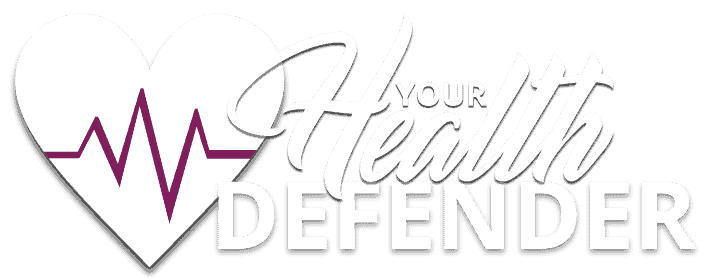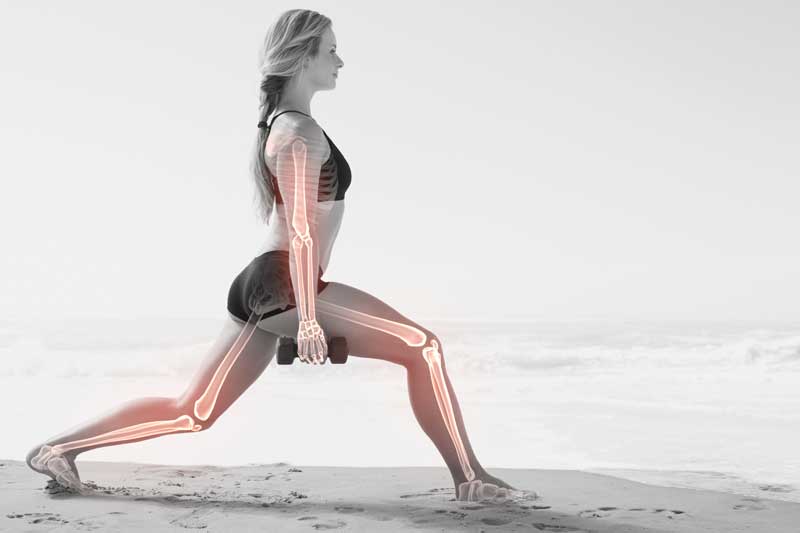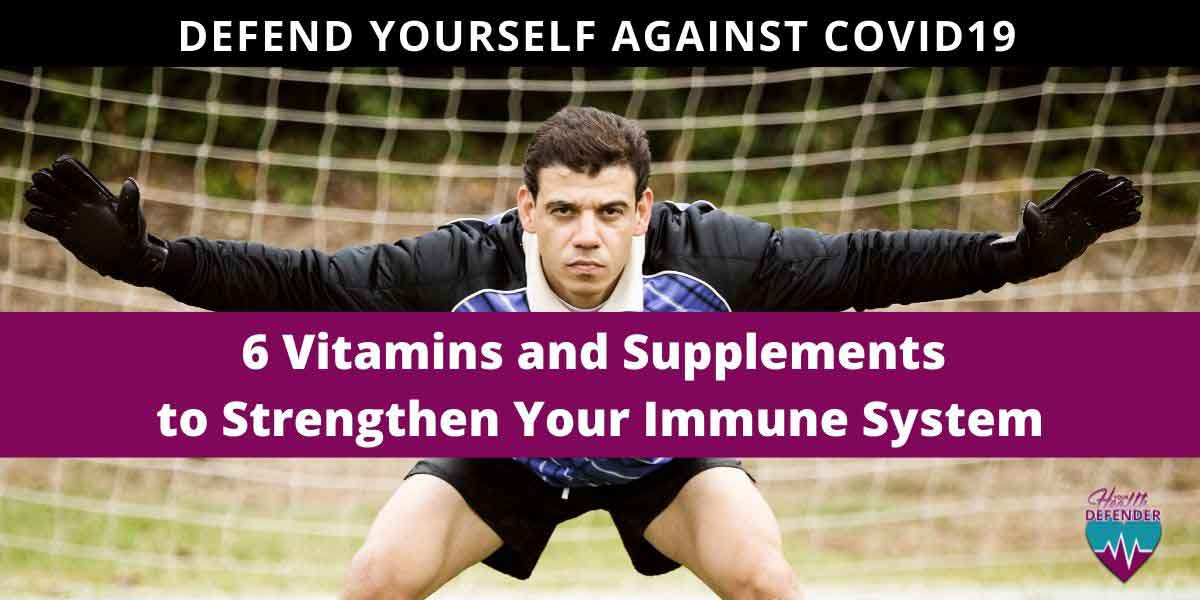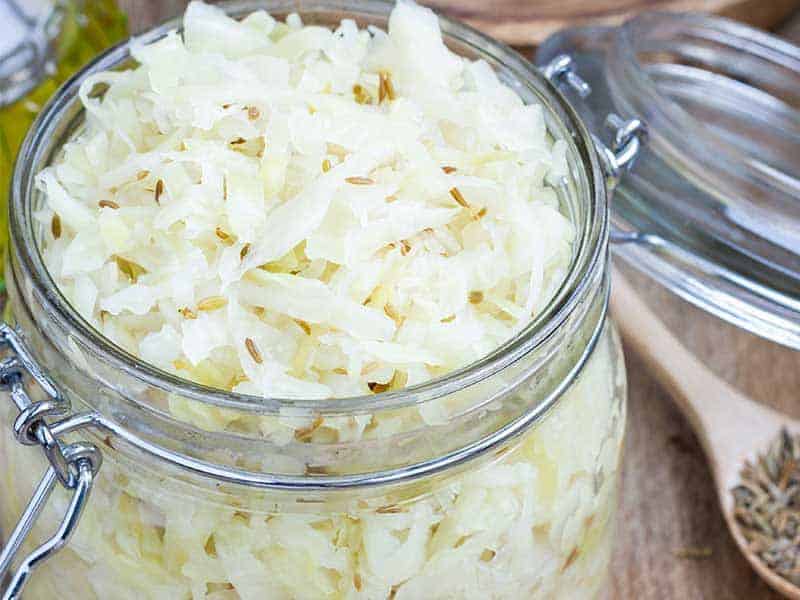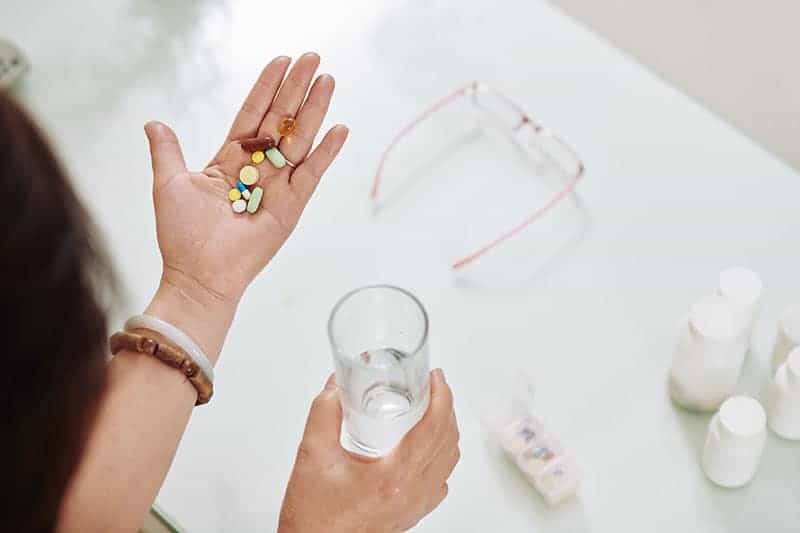Introduction
Today, more deaths are caused by osteoporosis than cancer of the breast and cervix combined.1
51.6% of women over the age of 50 have low bone mass.2 Contrary to popular belief, as much as 50% of a woman’s bone loss occurs BEFORE the onset of menopause.3
Considering that your peak bone mass occurs around the age of 25, when is the best time to learn and take action to keep your bones strong?
I believe the best time is NOW!
DID YOU KNOW?
- Countries that consume the most milk, dairy products, and calcium supplements have the highest rates of fractures?4 (US, Sweden, Finland, & UK)
- Taking calcium supplements can increase your risk of fractures and can also increase your risk of heart attack & stroke?
- The severity of your facial wrinkles can predict low bone density in early menopause?5
- The very drugs prescribed to increase bone density have a propensity to cause femur fractures and jaw bone decay? That some dentists refuse to place dental implants in women who are on Fosamax?
About 54 million older Americans have osteoporosis according to the National Osteoporosis Foundation. Of those, 80% are women.
IMAGINE: Your bones are going to stay strong and serve you well for your entire life with no bone loss and no osteoporosis…
Healthy Bones That Last a Lifetime Doesn’t Have to be Just a Dream
We have the answers to achieving healthy, long-lasting bone health, and we have the solutions to prevent bone loss. In fact, we can completely prevent osteopenia and osteoporosis and in some cases, even reverse them!
ARE YOU READY?
A Few Common Questions About Bone Health
How Long are Your Bones Designed to Last?
Your bones are designed to last your lifetime! So why is bone health degenerating with osteoporosis rates soaring in most modernized countries like the US, France, Sweden, Denmark, and England? You will soon see.
Does Your Bone Density Determine Your “Fracture Risk?”
No! Denser bones alone do not equal stronger bones. There’s more to it than just this!
Is Osteoporosis Always a Horrible Issue on Your Body?
No! Osteoporosis is a short-term positive coping mechanism. Your bones are a rich supply of important minerals. When your body needs these, “bone remodeling” occurs. Minerals are drawn out of your bones for your body to use. This is an essential and positive system!
It’s when these minerals are not re-deposited into the bone that osteoporosis ensues. When this system is out of balance, trouble begins. In balance, it’s magical!
Is Osteoporosis Weakening Our Bones Inevitable As We Age?
No! Weak bones do not occur without lifestyle choices that are negative to not only your bone health but to your entire body’s health.
Should You Wait To Become Concerned About Bone Loss When You Begin Menopause?
No! We should be concerned long before menopause.
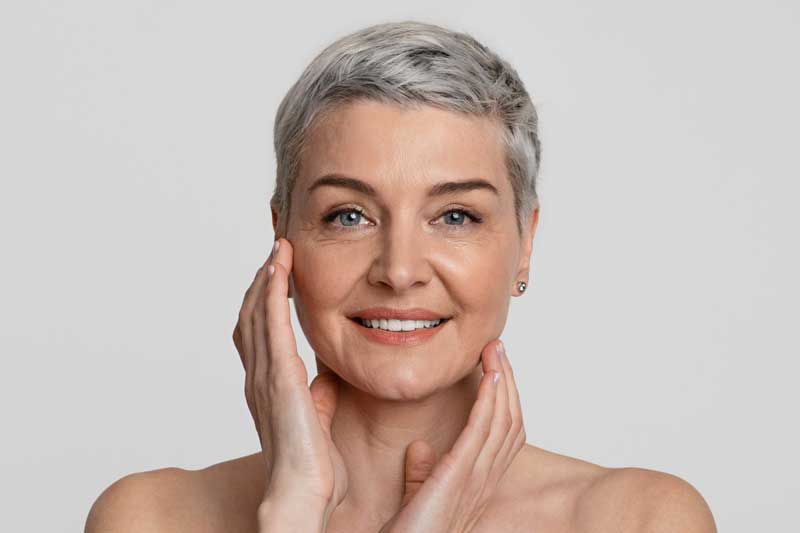
Christiane Northrup, M.D. reports that as much as 50% of a woman’s bone loss over a life span is lost BEFORE the onset of menopause.
(If you need help finding the right supplements for you and your specific bone needs right now, let me help! I’ve already created a bone health starter kit in my shop. Just click here.)
“Theresa, Can’t I Just Drink More Milk For Healthier Bones?”
“If you want strong bones, just drink more milk, eat more cheese and yogurt, and up your calcium supplement intake, right?” NO! NOT SO FAST.
Did you know that the countries that consume the most milk, dairy products, and calcium supplements have the highest rates of fractures?6
Lanou and Castleman analyzed over 1200 studies showing that:
1. Milk, dairy foods and calcium supplements do not reduce fracture risk and in some studies actually increase it.7
2. In Africa and Asia, where people generally don’t supplement with calcium and where little or no dairy is ever consumed after infancy, fracture rates are 50 to 70 percent lower than here in the US!8 Here, one in every two or three women over 50 will fracture a bone due to osteoporosis!9
3. US research suggests that higher consumption of milk or other food sources of calcium by adult women does not protect against hip or forearm fractures.10
Is The Slogan, “Milk Does A Body Good,” True?
We’ve all heard the stories of elderly men and women falling and breaking their hip, only to learn that their hip fractured first and THEN they fell. Should they have been consuming more dairy? Or maybe taking more calcium supplements? Surprisingly, probably not.
Studies have shown that calcium supplements can hurt us – can cause kidney stones and can increase your risk of heart attacks and stroke!11
One Harvard study looked at diet and hip fractures among over 72,000 older women for 18 years and concluded that “neither milk nor a diet high in calcium appears to reduce [fracture] risk.”12
How Can We Care for Our Bones?
So, what does support strong bones? What foods, what supplements, and what lifestyle choices create strong bones? What could we unintentionally be doing that weakens our bones?
I have all of the answers + more! See the next blog in this series on Bone Health: Repair Your Bones to learn more about staying strong at every stage in your life.
References
1https://www.foodmatters.com/article/the-truth-about-calcium-and-osteoporosis
2https://www.medpagetoday.com/endocrinology/osteoporosis/91870
3Christiane Northrup, M.D., Women’s Bodies, Women’s Wisdom (New York: Bantam Books, 2010) 560
4https://pubmed.ncbi.nlm.nih.gov/19321571/
5https://www.eurekalert.org/news-releases/636562
6 Amy J. Lanou and Michael Castleman, “Building Bone Vitality,” https://www.plantbased.com/building-bone-vitality/
7Amy J. Lanou and Michael Castleman, Building Bone Vitality: A Revolutionary Diet Plan to Prevent Bone Loss and Reverse Osteoporosis (McGraw-Hill Companies, Inc., 2009) 6-7
8Christiane Northrup, M.D., Women’s Bodies, Women’s Wisdom (New York: Bantam Books, 2010) 562
9Tony Robbins, Life Force (New York: Simon & Schuster, 2022) p. 92, 320
10Feskanich, D., W.C. Willet, et al., “Milk, Dietary Calcium, and Bone Fractures in Women: A 12-year Prospective Study.” American Journal of Public Health 87 (1997): 992-97
11Carolyn Dean, MD, ND, The Magnesium Miracle (New York: Ballantine Books, 2017) 57
